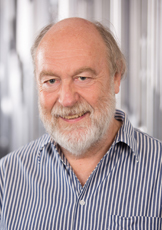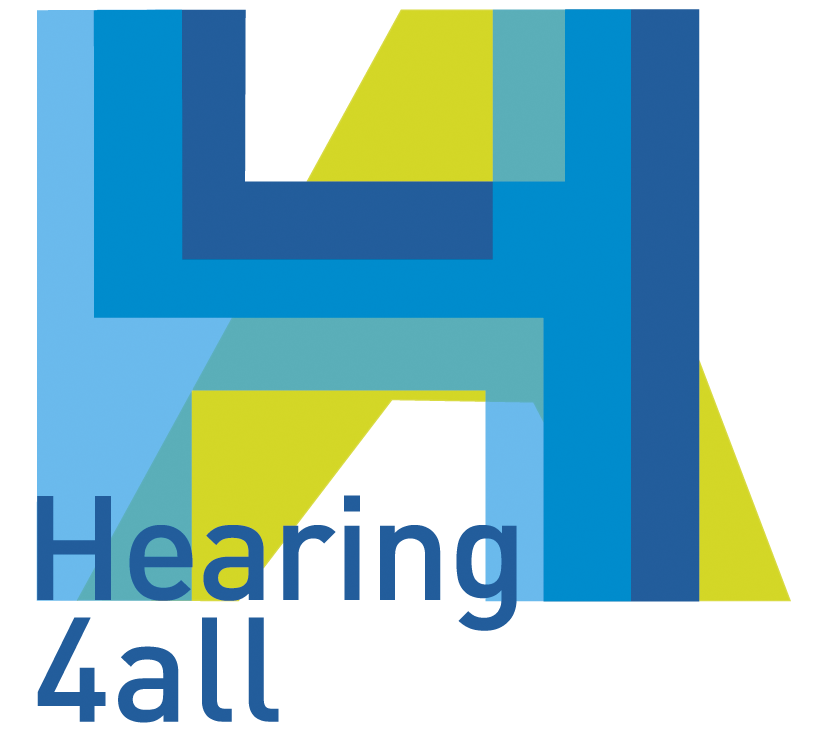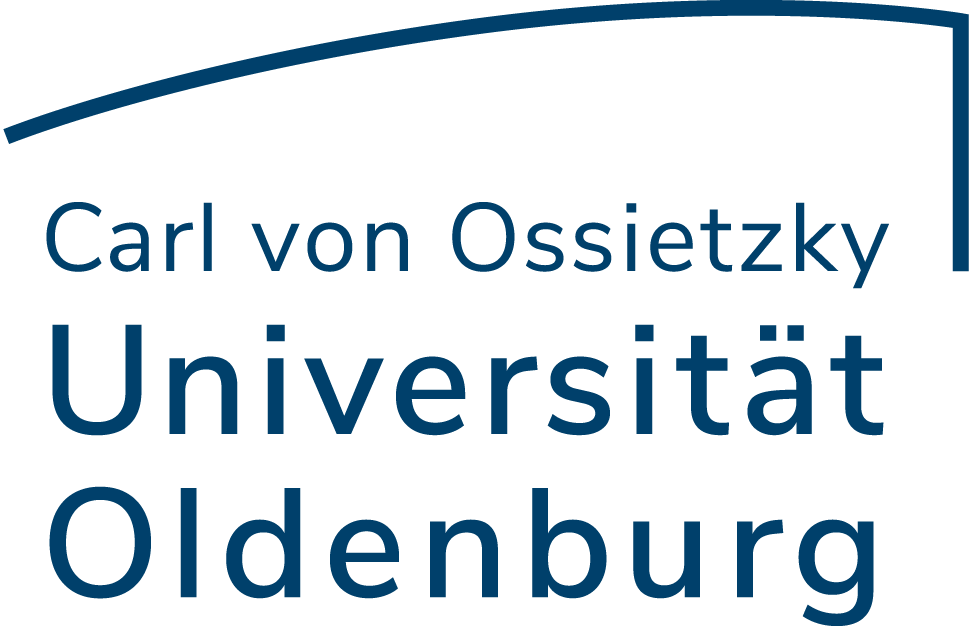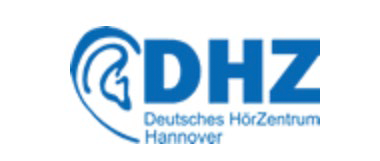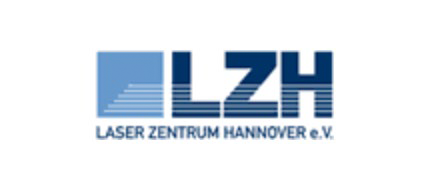Research Thread I: Auditory processing deficits throughout the lifespan
The challenge
The characterisation of the individual’s hearing problem is still unsatisfactory. We lack precise, self-administered, objective, non-invasive and invasive, and statistically sound diagnostic methods for hearing impairment that allow the identification of impaired auditory functions due to distinct pathophysiological changes and underlying neurobiology. Moreover, we lack predictions of the best individualized therapeutic options for the particular age and degree of hearing loss.
Our approach
Auditory deficits will be traced to structural and functional changes in the developing and ageing brain in a comparative approach focussing on three areas of research: multisource perception, hearing loss and compensation, and the relationship between hearing and cognition. An unprecedented array of neuroscientific methods will be applied to understand the complex interplay throughout the lifespan between audition, the brain and cognition as the basis for developing auditory diagnostics and therapy.
We will concentrate on the three most important aspects of characterising individual hearing ability across the lifespan that are especially important for diagnostics and treatment with hearing devices:
- hearing in complex, multisource environments
- plasticity as a compensatory function in hearing impairment and
- interaction between hearing and cognition
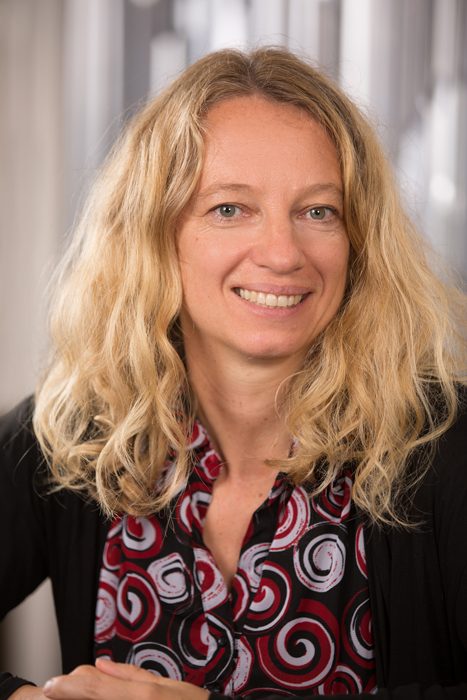

Prof. Dr. Christiane Thiel
Biological Psychology Lab
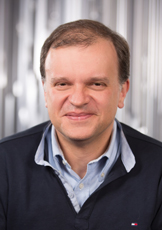

Prof. Dr. Andrej Kral
ENT/Audio-Neurotechnology
